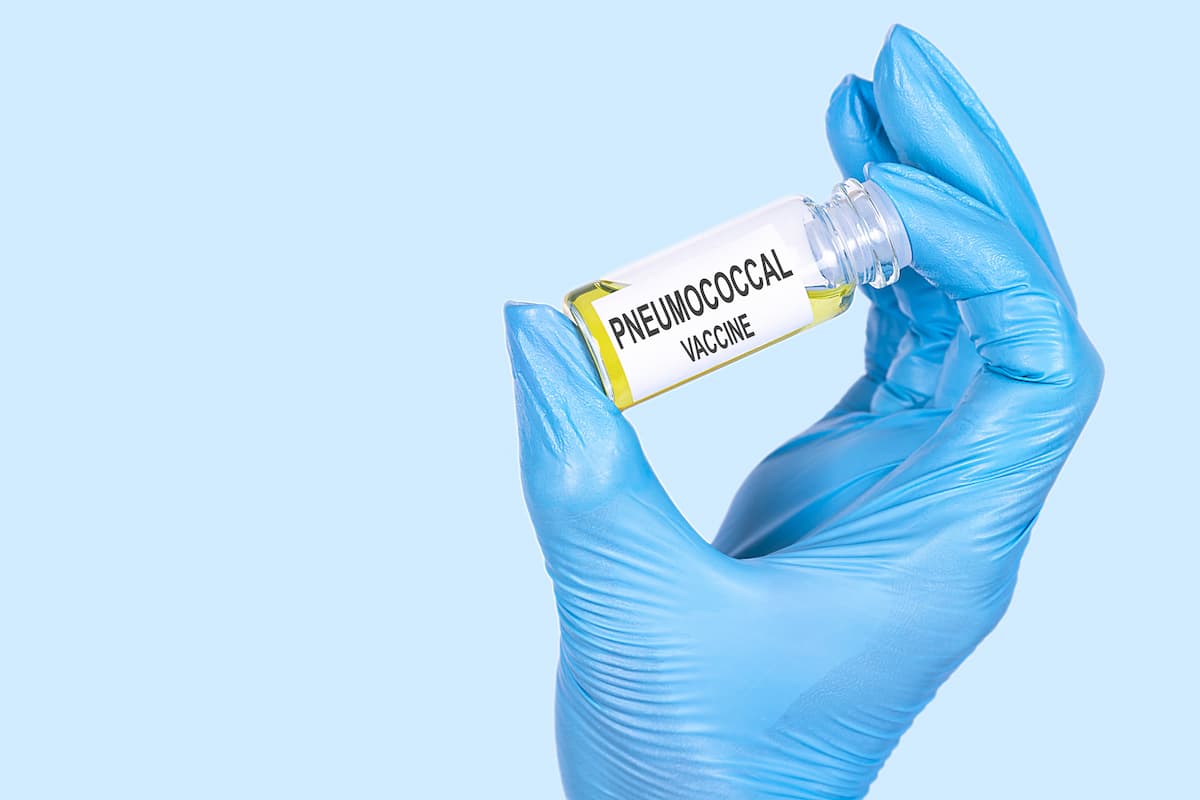Article
Frogger, RPh
Like the story about the frog in the pot, retail pharmacists are being slowly boiled as a number of factors turn up the heat on the profession.
Have you ever tried to boil a live frog? Just throw the frog into a pot of boiling water. It doesn’t work because the frog’s survival instincts kit in and it will try to escape. If the water isn’t too deep, it will be able to leap out and survive.
But if you put the frog in the same amount of lukewarm water and gradually increase the temperature to a boil, the frog is not able to detect the temperature changes and will be boiled alive.
I’ve heard this several times over the years without thinking much about it. This past week, the president of our facility shared it during a meeting of our management staff and a thought immediately jumped into my head.
This is the world of retail pharmacy. Pharmacists are the frogs.
If you think about how the world of retail pharmacy has evolved over the past 20 years, I think it’s easy to see how the pharmacist is getting slowly boiled. Many factors have come into play that are cranking up the heat on our professionals in the retail trenches.
Let’s take a look at some of them. While in and of themselves they aren’t necessarily bad (in fact some are good), the combined effects of all of these have turned up the heat on community pharmacists.
- Third-party insurers. These initially helped level the playing field for pharmacists since patients would pay the same price wherever they chose to fill their prescriptions. However, the ever-decreasing rates of reimbursement have driven many pharmacies out of business. And those that remain must fill more scripts to bring in the same dollars.
- OBRA 90. Mandatory counseling, DURs, etc for certain patients. While these are good, there was no increase in reimbursements to hire additional staff to safely fill the prescriptions. Rather than ensuring that every prescription would receive its due attention, I think that it can be argued that the pharmacist has been legislatively forced to have interruptions in their work flow in order to offer the required counseling. And what passes as counseling falls far short of the intent of the law.
- Drive-thru pharmacy. One more drop-off and pick-up area. Usually without additional staff (or reduced staff after the first three months).
- Gift cards for transferred prescriptions. More phone calls to distract the pharmacists from their primary duties. And one more place where an error in communication can occur.
- Pharmacy-initiated refill requests to prescribers. While this may help with compliance for some patients, it adds another uncompensated task for the pharmacist to oversee. I’m sorry, but responsibility for refills should fall upon the patient. It’s no surprise that our patients don’t take ownership of their health because they aren’t asked to do anything other than fork over their copay.
- Immunizations are good. The interruption to workflow is bad. Quotas on immunizations (which I have heard rumors of) are unsafe.
- Auto-refills (aka predictive refills). Similar to the refill requests. Good intent, but patients need to be responsible for their own health. In my experience, about half of the prescriptions that my retail pharmacies filled through these programs were returned after 7 to 10 days. The process of returning the prescriptions is just as, if not more, labor-intensive as the original fill. More uncompensated work for the pharmacists.
- $4 generics. Affordable medications can increase compliance, but the amount of staffing hasn’t grown to offset the increased workload. More scripts, less help. Not good.
- 15 minute guarantees. Only to be outdone by 10 minute guarantees. Sure, why not? While we’re at it, let’s have corporate call to find out why it’s taking so long to get the scripts out the door. One of my friends recently had a corporate person call to inform her that corporate was looking at the video cameras and the pharmacy pick-up lines were too long and wanted to know how she was going to rectify the situation.
The pastor at my church often asks us if we are being a thermometer or thermostat in our community. The thermometer simply is a reflection of the environment. The thermostat sets the environment.
In order to effect any change in the retail environment, we need more pharmacists to be thermostats. Speak up when necessary. Promote positive change for the profession.
Because if we continue to just be thermometers, we’re a bunch of boiled frogs.

FDA Approves Dupilumab, Marking First Targeted Therapy in a Decade for Chronic Spontaneous Urticaria




